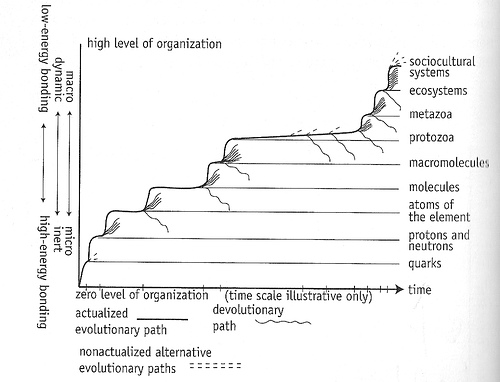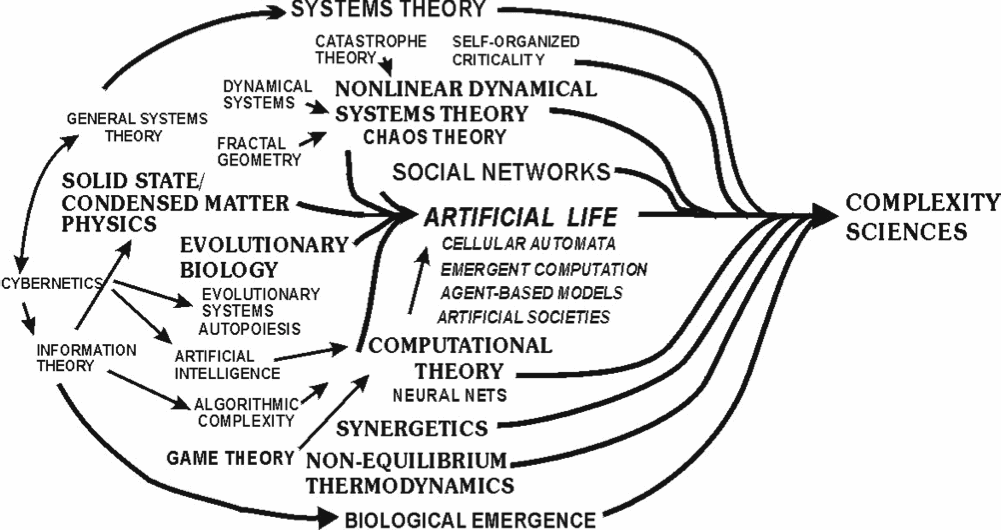December, 2009
Approaching a Cure for Cancer
James Watson, co-discoverer of DNA’s double-helix structure recently called for a back to basics approach in dealing with cancer. In previous post threads I’ve discussed cancer’s complexity and in particular the confounding and scary implications of somatic evolution, which underscores some of the reasons we are not winning the “war on cancer.” Here I will discuss some cutting edge approaches to treating and preventing cancer and how they might pan out in light of the complexities of the disease. The categories below are not mutually exclusive, and the examples cited are nowhere near exhaustive, but this should give you some food for thought. If you have ideas, questions or know of approaches that should be highlighted, please comment.
Target & Kill Approaches
Biris and Zharov are making some exciting progress in using nanotubes to tag and then track cancer cells inside the body as they move around. They propose to kill the cancer cells by heating up the nanotubes using lasers, while others are …
Non-Dualism
How do we know what we know?
If you grew up like me you were brought up in a culture based on a dualist metaphysics, one that asserts that there is an objective reality outside of ourselves (whatever “we” are) and that we know about it indirectly through our senses and conscious reasoning. This is the basis of the Western traditions of science, liberal arts and symbolic systems (such as mathematics and human language). Essentially anything that can be studied is part of this metaphysics. Gödel showed us that this metaphysics will never lead to complete knowing, though everyone agrees we can continually refine our knowledge and thereby at least asymptotically approach enlightenment.
Descartes proved to us that each of us individually do indeed exist, and he tried to argue further that the universe as we perceive it — however imperfectly — does indeed exist too. But before you drink too deeply from the Cartesian well, keep in mind that his argument for an external…
Convergence
As readers of my blog posts know, I talk a lot about evolutionary systems, the formal structure of cooperation, the role of both in emergence of new levels of complexity, and I sometimes use cellular automata to make points about all these things and the reification of useful models (here’s a summary of how they all relate). I’ve also touched on this “thing” going on with the system of life on Earth that is related to technological singularity but really is the emergence or (or convergence) of an entirely new form of intelligence/life/collective consciousness/cultural agency, above the level of human existence.

From The Chaos Point. Reproduced with permission from the author.
In a convergence of a different sort, many of these threads which all come together and interrelate in my own mind, came together in various conversations and talks within the last 15 hours. And while it’s impossible to explain this all in details, it’s really exciting to find other people who are on …
